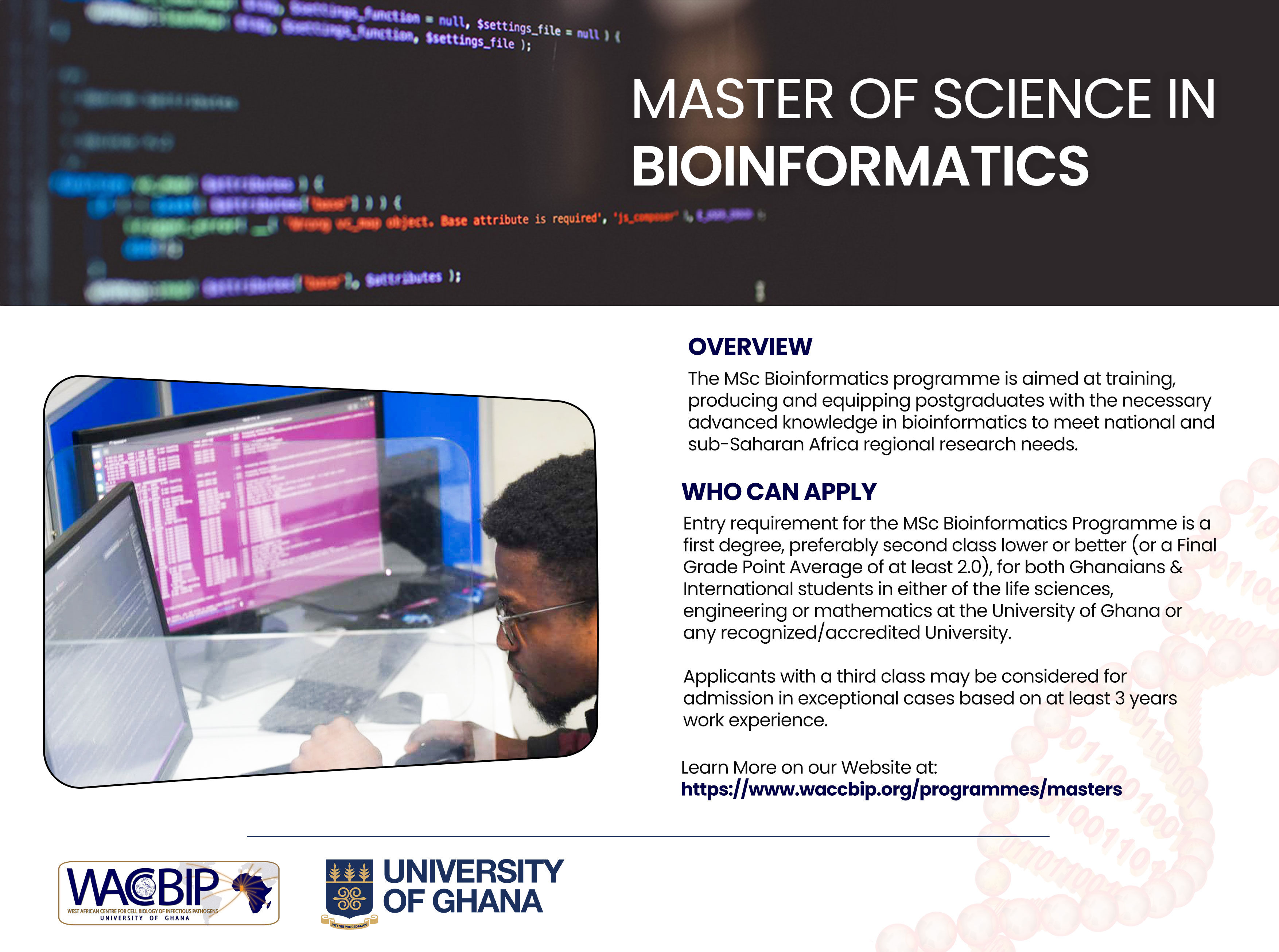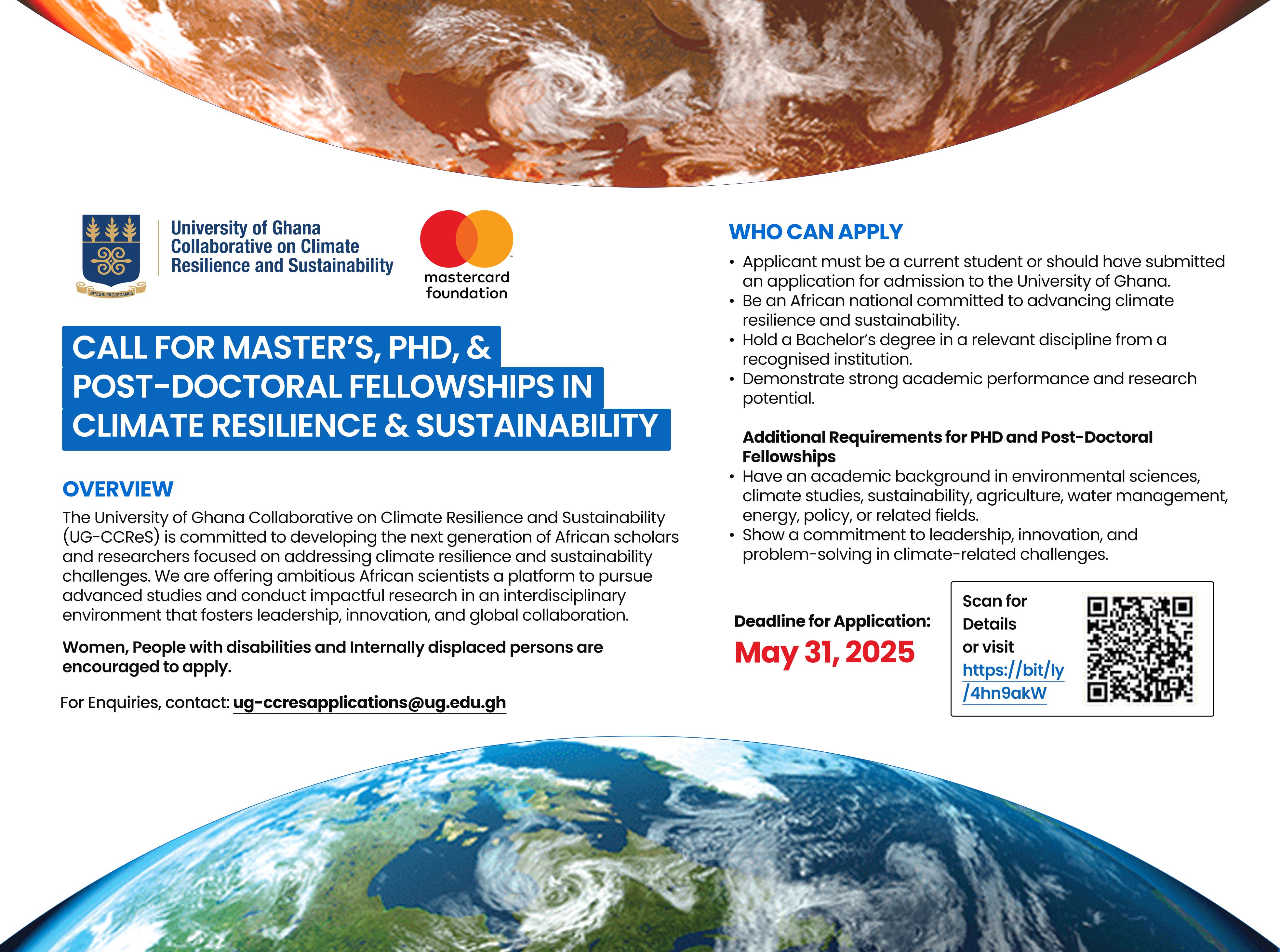As part of activities to mark World Malaria Day 2025, the West African Centre for Cell Biology of Infectious Pathogens (WACCBIP) organised a comprehensive community health outreach in Chorkor, a coastal community in Accra. Held under the global theme “Malaria Ends with Us: Reinvest, Reimagine, Reignite,” the initiative aimed to raise awareness, provide essential healthcare services, and strengthen ongoing efforts toward malaria elimination.
The outreach featured free health screenings, including tests for malaria, hepatitis B, random blood glucose, blood pressure, and Body Mass Index (BMI). In addition to testing, participants received onsite treatment and engaged in educational sessions on malaria prevention, medication adherence, and healthy lifestyle practices to promote their overall health and well-being.
Dr. Yaw Aniweh, Senior Research Fellow at WACCBIP, shared insights on the Centre’s dual approach to malaria research and its relevance to public health.
“We have been here before to engage in research. Our work is in two folds: we work on the mosquitoes and the parasites. Even with the parasite, we have individuals who are in the community and have the parasite but do not show symptoms, and those who show symptoms, which is the reason they go to the hospital. With our presence here, there are two things that we are doing. Aside from the testing, we also do education, helping people understand the disease and all the things associated with the malaria parasite. This is very necessary in our fight against malaria. If you go to the hospital and they give you antimalarial drugs after a test is conducted and shows that you have malaria, please complete your dosage. Not completing it will make the parasite resistant to the drugs over time, and gradually, resistance will take root and spread. As the resistance increases, we will lose the ability to use that drug, which is a very big problem. So, the other thing we need to do is to help the community maintain cleanliness and sleep under mosquito nets, and in doing so, prevent the disease.”
Dr. Gloria Amegatcher, a Postdoctoral Fellow at WACCBIP, highlighted the Centre’s broader commitment to translating scientific research into tangible community impact.
“Today, being World Malaria Day, we have gathered here at Chorkor to give back to society—testing people, giving them medication, and helping to eliminate the disease—because we are accelerating the fight against malaria for an equitable world. The moment we are able to test, we'll know whether the person has been exposed or not, and then we will treat them. Having treated, we'll be able to track it. Then tracking leads to total elimination, and that is what we are all fighting for. We are all mobilising our efforts so we will be able to fight against malaria, so that we have a malaria-free world.”
Ernest G. Cudjoe, a participant, shared his appreciation for the exercise and urged for its continuation:
“We thank WACCBIP for the screening exercise they did today. It was very fun and fantastic. I want to urge them to continue doing this exercise because a lot of people are sick in the house, and they don’t know. But with them, some of us have found out we have malaria, and now we can treat it. So, they should continue doing this exercise and help other areas become aware of malaria so that we can treat it. Once again, I’m urging everybody: please try to be neat, keep your house and your compound clean, and our gutters—we should clean them so that we can eradicate malaria in our areas and vicinity.”
This outreach aligns with WACCBIP’s commitment to integrating cutting-edge research with public engagement and health promotion. By directly serving communities and sharing scientific knowledge, the Centre continues to lead efforts in combating malaria and other infectious
diseases across Ghana and West Africa.
The event was made possible with support from the National Institute for Health and Care Research (NIHR), UK, the Bill & Melinda Gates Foundation, USA, and partners of the West African Centre for Cell Biology of Infectious Pathogens (WACCBIP).




